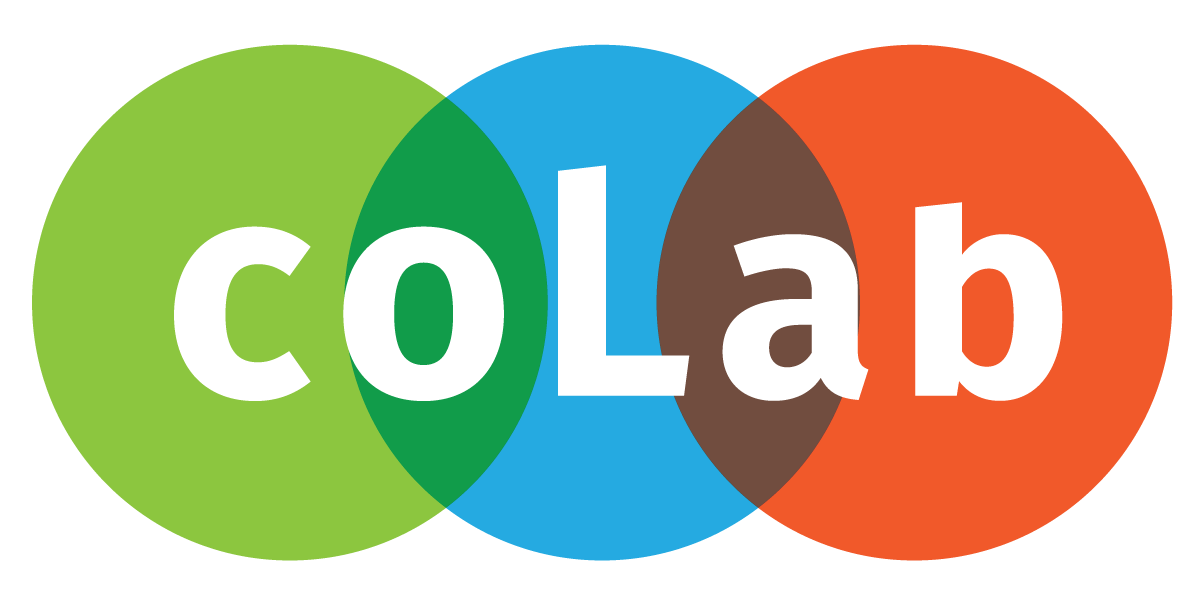
About Co/Lab
The Collaborative Community Laboratory on Substance Use and Harm Reduction (Co/Lab) is a collaborative network for research and knowledge exchange to promote health and health equity for people with lived and living experience of substance use (including alcohol, other licit, and illicit substances). Co/Lab activities are guided by collaborations with people with lived and living experience of substance use, families, health care providers, researchers and policy makers, and are focused on generating practical evidence that can be used to enhance substance use services and supporting policies. The objectives of Co/Lab are to:
build capacity and partnerships to support meaningful involvement of people with lived and living experience of substance use in research;
create a framework for monitoring and surveillance that measures not only substance use, harms, costs, and benefits, but also social and structural disadvantages, policies, services and supports;
generate community profiles of social and structural disadvantage, substance use, harms, costs, and benefits, and the availability of services and supports;
support implementation and use of this framework in developing policies and practices at municipal, regional, and provincial levels;
support public dialogue and empowerment to enhance policies and service systems.
The Co/Lab team, which includes scientists at the Canadian Institute for Substance Use Research, people with lived and living experience of substance use, community organizations, regional and provincial government representatives, as well as national advisors, will work on the 5 objectives in several different ways.
Support and contribute to the development of a provincial peer network to help inform the Co/Lab’s data gathering and knowledge exchange activities.
Identify the types of data that communities need to plan, implement, and evaluate their services and supports.
Engage in ongoing community-level evaluation of substance-related harms and responses through primary and secondary data collection and synthesis, environmental scans, and rapid reviews of the available evidence.
Host community dialogue events and other knowledge exchange activities to inform action on community responses to reduce substance-related harms.
Create a provincial community of practice to build capacity, share information, and support mutual learning among stakeholders from community, government, and research.
Host synchronous learning activities through the Community of Practice including a virtual seminar series of webinars involving leaders with direct experience in topics related to people with lived and living experience of substance use, and virtual roundtable meetings involving researchers and practitioners to promote discussion of current evidence as well as protocols and best practices.

